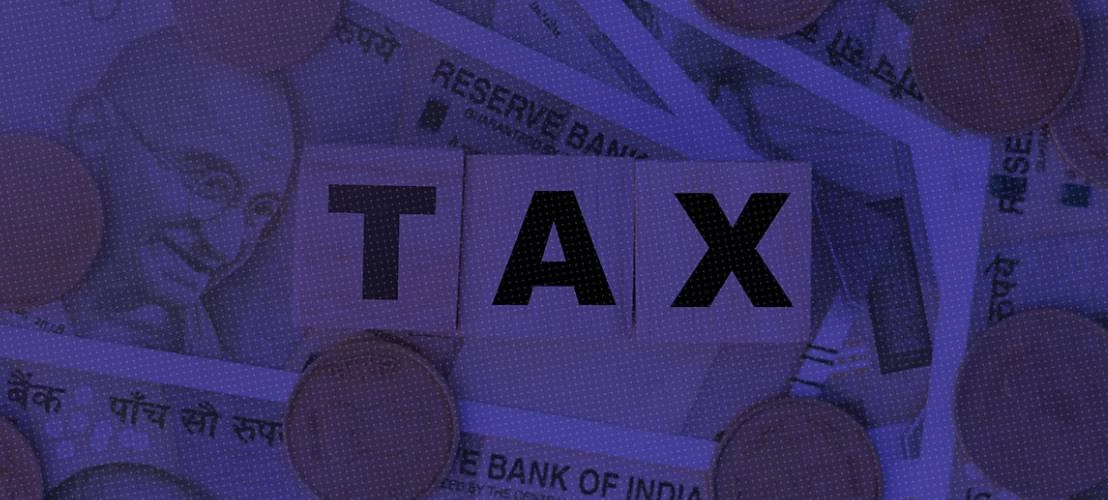The 3-Judge Bench of the Supreme Court of India has recently held that the responsibility of refund of Terminal Excise Duty (‘TED’), in case of supplies to an Export Oriented Unit (‘EOU’) unit by a Domestic Tariff Area (‘DTA’) unit, in reference to applicable Foreign Trade Policy (‘FTP’), would be that of the authority responsible to implement the FTP under the Foreign Trade (Development and Regulation) Act, 1992.
The Court was of the view that if TED is paid by utilizing Cenvat credit, the refund should be in the form of reversal of commensurate amount in the Cenvat credit account. However, if the amount towards TED is paid in cash by the DTA supplier to the authorities under the Central Excise Act, 1944, the refund of TED amount would be made, by the authority implementing the applicable FTP, in cash with simple interest as per Para 8.5.1 of the FTP.
The Supreme Court also held that the responsibility of TED refund would also be on the DGFT in case the same is to be refunded to the EOU, subject to a suitable disclaimer from the DTA supplier.
Interestingly, observing difference between ‘benefit’ and ‘entitlement’, the Apex Court also held that provision of TED refund to EOU is a benefit and not the entitlement of an EOU unit. The Court in its Judgement dated 4 January 2022 [Sandoz Private Limited v. Union of India] was of the view that EOU is not entitled for refund of TED on its own accord but can avail of the entitlements of DTA supplier on complying essential procedure.
The Directorate General of Foreign Trade (‘DGFT’) had earlier denied refund of TED to the EOU and the DTA unit relying upon its Policy Circular No. 16 (RE2012/200914), dated 15 March 2013 which had clarified that no refund of TED should be provided by the Office of DGFT/Development Commissioners, as supplies made by a DTA unit to an EOU are ab initio exempted from payment of excise duty.
The Policy Circular had also stated that the relevant taxes should not have been collected (because of the exemption) and that if there has been an error/oversight, the agency collecting the tax would refund it.







